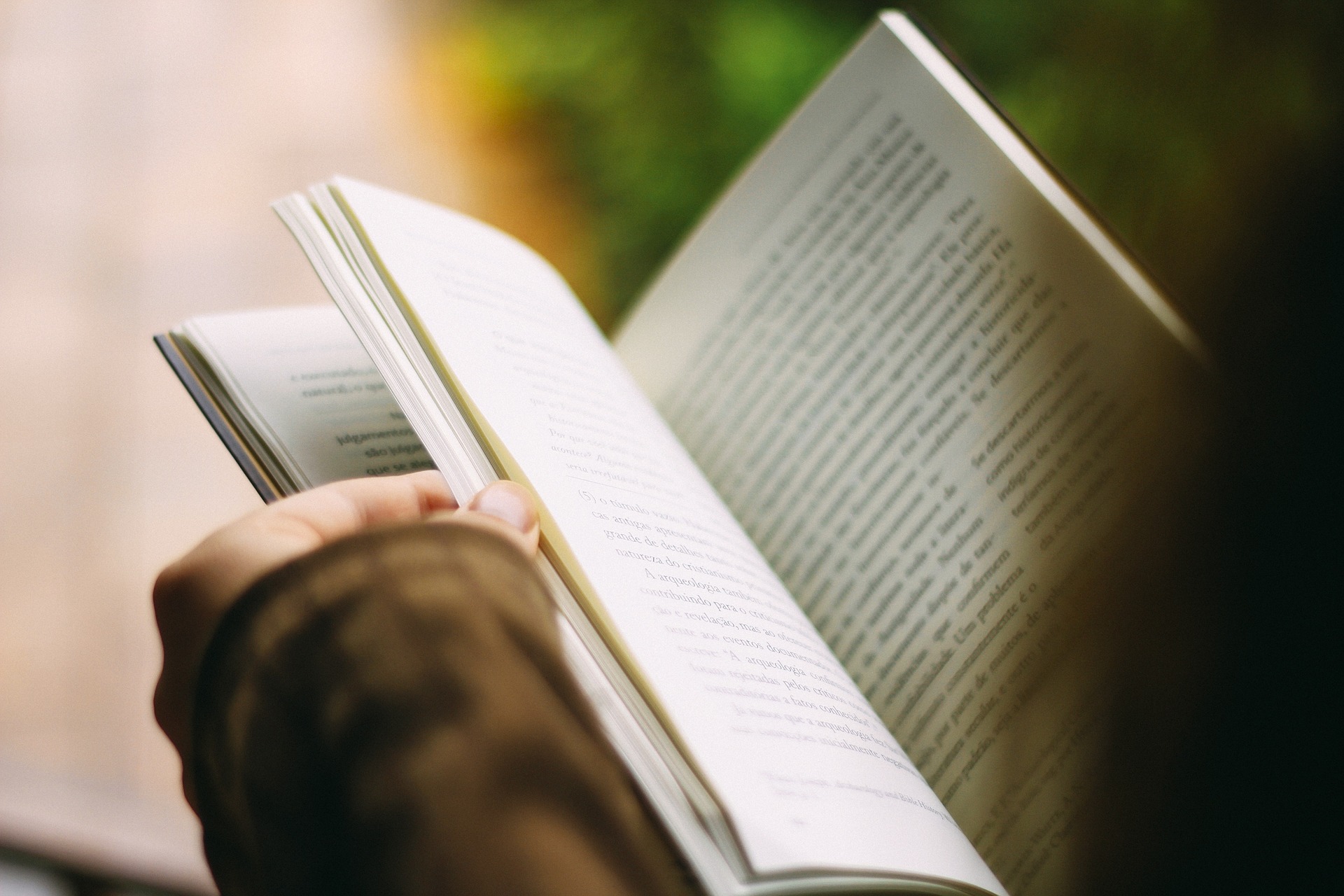The 4 Most Essential Writing Hacks for Writers
If you are a writer working on copy, content, articles, rewrites, or any other form of writing, this article is for you.
If you are reading this, chances are that you are new to the industry, struggling with low exposure, or you cannot seem to put a finger on what’s wrong with your art. You could also be reading out of curiosity. Whatever your reason, I believe there is something herein that will help change your writing career.
See, the writing industry has changed significantly over the past few years. There is more competition from both wannabes and experts, demand for more engaging and creative content is higher now more than ever and there is a world of information out there that’s even noisier. You could be writing for fun or for money, for attention, to explore your beliefs or to vent. Whichever angle you take, composing high-quality content that will get you views, clicks, or conversions is your goal.
If that sounds like you, here are the 4 most essential writing hacks that you must adapt to conquer the competition, be heard, and have your content recognized. They have worked for me, there is no reason why they shouldn’t work for you.
Table of Contents
Adopt a culture of continued reading, learning and writing.
 As a writer, chances are nobody has ever told you that we writers are all apprentices in a craft where no one ever becomes a master. The only thing we can do is try to be the best marshals in the field. Any successful writer out there will tell you that to achieve this near perfection status, you need to adopt a culture of continuous learning.
As a writer, chances are nobody has ever told you that we writers are all apprentices in a craft where no one ever becomes a master. The only thing we can do is try to be the best marshals in the field. Any successful writer out there will tell you that to achieve this near perfection status, you need to adopt a culture of continuous learning.
In fact, the only difference between good writers and bad writers is that the former reads, learns, and writes more than the latter. So basically, if you read and learn without doing the actual act of writing, you will never be a successful writer.
Writing high-quality, original, informative, educative, and thought-provoking content is the essential characteristics of every copy you write. It requires a fresh mind that is fully stocked. To accomplish that mindset, you need to make reading and writing a habit and a hobby. Love to read and comprehend what you are reading. In return, reading will love you and make it easier to understand and analyze information. Read like the writer you are.
But remember to always aim for high-quality, compelling and engaging content to read. To enrich yourself, you must refer to a powerful medium. Go for content that compels you to write.
I would highly recommend the following as sources of enrichment: Medium, Quora, Reddit, and Steamit. These sites have pools of talented writers writing high-quality, thought-provoking and hilarious content. I am personally addicted to Medium. But you can also explore other blogs and websites that resonate with you.
The goal is to keep reading and learning.
Find a writing buddy.
Having a writing friend can be a game changer for you.
 It is said that nothing is as useless as a person who spends days looking at their reflection in the mirror. If you spend time writing alone and trying to perfect your writing skills alone, you will one day find yourself thinking your writing is great when in reality that ship has sailed, crashed and sunk, with your writing talent on board.
It is said that nothing is as useless as a person who spends days looking at their reflection in the mirror. If you spend time writing alone and trying to perfect your writing skills alone, you will one day find yourself thinking your writing is great when in reality that ship has sailed, crashed and sunk, with your writing talent on board.
My point is, try finding a writing friend who will help you write better. A friend who will subjectively assess your writing proficiencies and help you perfect the imperfections.
Many students turn to experienced writers on the edubirdie project. They have an assignment help service, during which they make a detailed analysis of your text and help correct everything and write really well.
The most rewarding thing about this kind of relationship is that you get to see your shortcomings through somebody else’s. You get to compare your content/copywriting skills with that of another person. You note where they are weak and convene with your inner self on your own strength in that area. Where the work is influential, admire and wish to rival. Where there is a weakness, advice accordingly.
The more you analyse other people’s work and let them critique yours, the deeper you engage with yourself as well as objectively and subjectively examining your skills. You will soon develop and perfect your art. The more you develop your expertise, the better placed you are at requesting higher rates.
Enjoy some idle time.
 One of the most important lessons I have learned this week from my readings is that idleness is a goldmine.
One of the most important lessons I have learned this week from my readings is that idleness is a goldmine.
In his ‘Why Your Brain Needs Idle Time’, Markham Heid reveals that “people retain new information best when their minds are given time off to encode and consolidate”. Especially when you are learning something new or thought-provoking, taking five to fifteen minutes every now and then recharges the brain thereby helping it generate meaning and purpose.
Heid goes on to say that mental idle time facilitates creativity and problem-solving. Idleness, according to his research, allows the brain to complete the unconscious part of learning.
But when you keep depriving your brain time to wander and give meaning to what you have read, you stifle your ability to remember things. With time you will have content, words, and phrases, at the tip of your tongue but because you have been working continuously and not giving your brain time to process information, what you learned becomes a lingering thought that you cannot actually recall.
Just as sleep serves to rejuvenate the brain, mind-wandering or idleness, completes the unconscious processing of consolidating and storing information for future reference. Therefore, always take a break. Consider having a walk, doing laundry, washing dishes, cooking, or doing something that will take the mind of your work.
In another eye-opening piece on ‘Want to Write Better? Try Cooking’, Sooraj gives you a step by step guide on how you can transform your writing career into a great cook. As bizarre as it sounds, his method seems to be working for him? You too can find a rhythm that works for you.
Take rejections as a blessing in disguise.
This comes from a person who has been rejected over and over again. But only when my work has been rejected have I prospered. For instance, last year I was an academic tutor, then I got fired after depression interfered with my ability to relate with others and live a normal life. One month later, I discovered I had a knack for writing university admission essays. I wrote them in their hundreds and earned a larger income than I did in my previous job.
However, as that season for writing personal statements and statement of purpose drew to a close, I needed to find something new to write about. So like you, I am on the journey of being rejected numerous times just so that I can discover my goldmine.
Perhaps you are killing it with high-quality content that no client or publication wants to publish. Don’t lose hope or succumb to temporary defeat. Losing only makes winning more rewarding. As a writer, 100 rejections can give you that one win that will change your life.
All you have to do is keep pushing, learning and writing. The game-changing deal is within your grasp. Learn to take rejections positively. Learn how to edit and re-edit until there is nothing left to change. And when your edit is rejected, look for more publishing opportunities. One man’s meat is another man’s poison.
What you have is good enough for someone out there, you just have to find that publisher. In fact, you only need a few publications to build a strong portfolio that will transform your writing career and life.
Finally…
The critical thing to remember is: destiny rewards those that are consistent. You may be skilled, but if you are not patient enough or willing to engage in continuous learning, you will wake up one day and realise that the world moved on while you were admiring your own reflection. Remember to have some idle time. Being idle has been associated with more creativity and productivity. Writing has never been this fun!
About the Author.
 A Writer on Medium, Joyce Mwangi develops online content such as news articles, articles, blog posts and social media posts. Mwangi also writes personal statements and statement of purpose. She is flexible and capable of working on any niche. Last but not least, Mwangi is a Microbiologist. She has worked with the Walter Reed Project, Kisumu and Kenya Medical Research Institute (KEMRI), Nairobi.
A Writer on Medium, Joyce Mwangi develops online content such as news articles, articles, blog posts and social media posts. Mwangi also writes personal statements and statement of purpose. She is flexible and capable of working on any niche. Last but not least, Mwangi is a Microbiologist. She has worked with the Walter Reed Project, Kisumu and Kenya Medical Research Institute (KEMRI), Nairobi.




I blog frequently and I truly appreciate your content. Your article has truly
peaked my interest. I will book mark your website and keep checking for new information about once per week.
I subscribed to your RSS feed too.